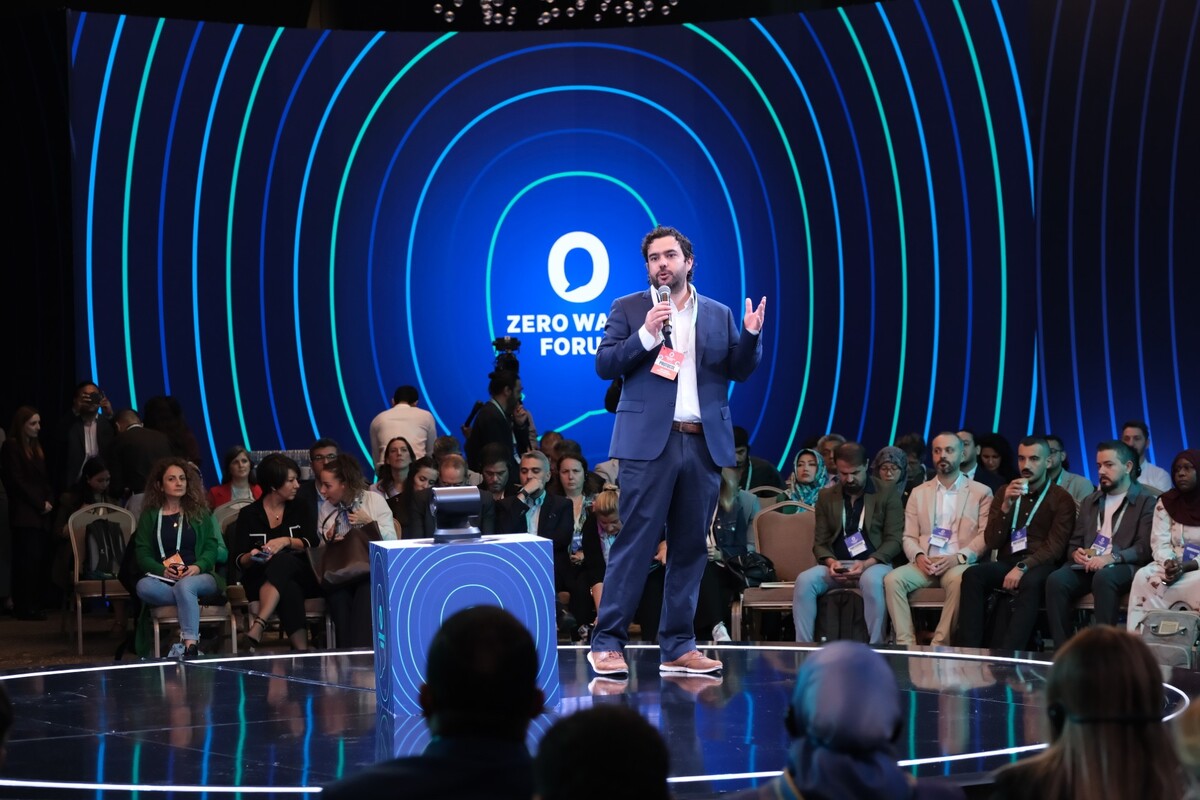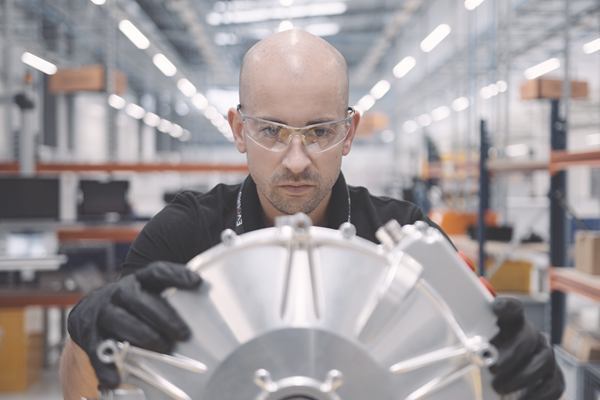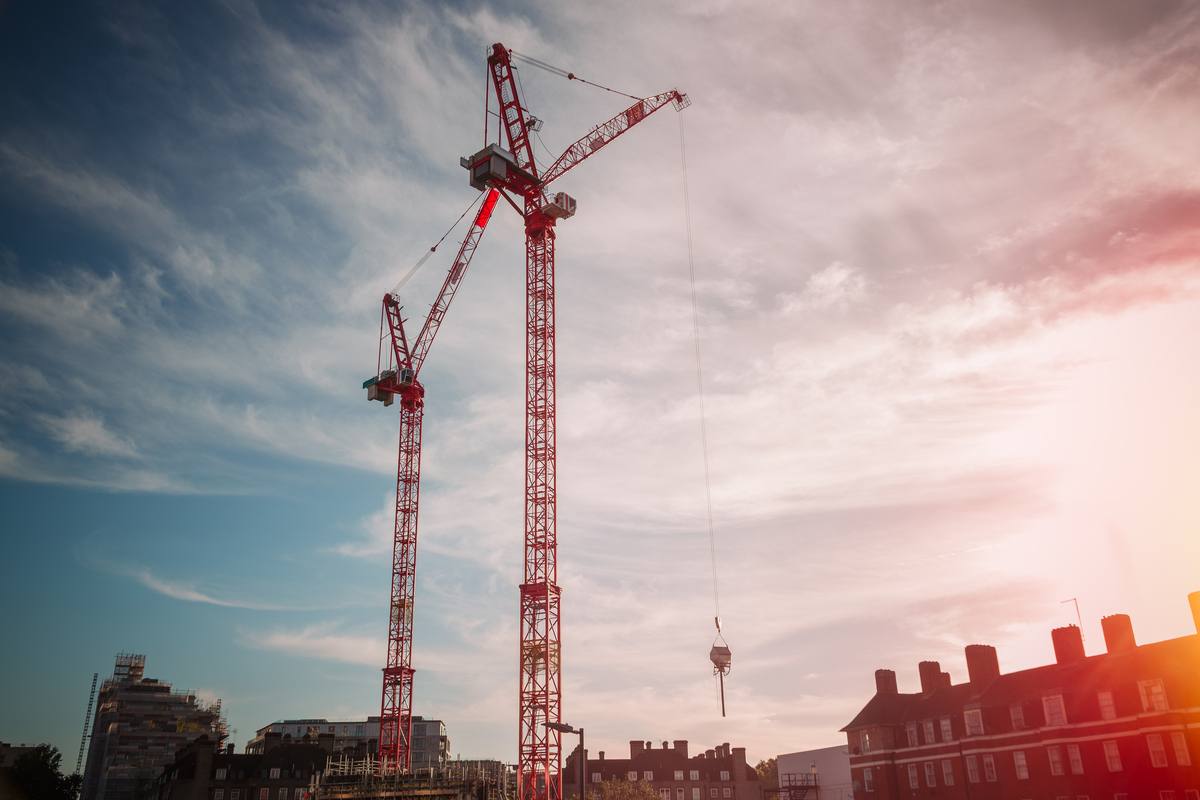True Zero Waste is possible
Sponsored by Zero Waste FoundationNeil Khor, Advisor to the President of the United Nations Habitat Assembly.

The recently concluded Zero Waste Forum, which took place in Istanbul between 17 to 19 October, was the first international conference to focus on zero-waste solutions. It also shifted the focus away from just talking about the global waste challenge to proposing real action, whether that meant implementing strategies or scaling up existing ones.
“The forum reaffirmed that real Zero Waste means designing systems where resources are kept in continuous use,” said thematic advisor Jose Moller. “True Zero Waste means nothing is sent to landfills, incinerated or to waste-to-energy facilities.”
Moller, who is also the Co-Chair of the United Nations Secretary General’s Advisory Board on Zero Waste, said that Zero Waste means shifting from managing waste after the fact to preventing it altogether. This means rethinking how products are made, used and circulated to eliminate the very concept of waste.
To achieve the mindset-shift Moller advocates, the forum’s participants heard about the need for behaviour change. “We can’t really recycle our way out of the crisis,” said Monica D Ellis of the Global Environment and Technology Foundation (GETF). “What we need are new partnerships, innovation and, above all, a shift in how people think and how they act.”
The cup is only half-full, said Olio’s Tessa Clarke, who talked about the moment she realised individual action can make all the difference when it comes to food waste. Olio, a digital platform whose mission is to prevent food waste, saw opportunities in the UK market.
“In a country such as the UK, well over half of all food waste takes place in the home, which means we can be half the solution,” she said. Olio’s business model is simple: a platform that allows people with excess food to match it with those who want, and are willing, to pick it up.
“A typical food listing is requested in less than 30 minutes,” Clarke said. Since its establishment in 2015, Olio has saved some 127 million meals from being needlessly thrown out. Yet more needs to be done, she warned: “It is too cheap and too easy to throw away food. We need more regulation. We need the cost of waste to go up.”

Scaling proven, ready-to-implement solutions
Participants at the Zero Waste Forum also emphasised that the Zero Waste transition does not depend on future technologies. Practical solutions already exist – from reuse and refill systems to composting, repair networks and circular procurement. The challenge now is scaling these models through supportive policies, investment and local implementation capacity.
Pablo Kraus of Eco Store explained how expanding refill systems is actually good business. Retailers can scale up the solution at supermarket stations, at-home bulk, and by using RFID-enabled automated refill machines.
“This makes reuse convenient, trackable and rewarding,” Kraus said. “Refills can be 15 to 20 per cent cheaper because packaging is the biggest cost. A 30-second automated refill with an RFID bottle? No mess, no fuss and we can tell customers, after six months you’ve saved two kilos of plastic.”
Joining in was Circular Way’s John Atcheson. He argued for a closed-loop retail approach, where everything is treated as currency and new and used goods sell side by side. “It is possible to make repair services the new standard,” he said. “Changing from linear to closed-loop affects every part of a retailer’s operation: IT, incentives, culture – essentially maximising the value of everything one sells.”
Radical collaboration with cities at the core
Despite all the positive and scalable action being taken, a central takeaway from civil society and private enterprise is that, for Zero Waste to really work, radical collaboration across governments, businesses and communities was crucial.
“Here cities are leading the way”, said Jose Moller. “Urban leaders showed that Zero Waste can serve as a unifying framework for social inclusion, climate resilience and green economic growth.”
This year’s Zero Waste International Award recipient in the city category was Tübingen’s Mayor, Boris Palmer. Under his stewardship, the German city has become a pioneer in regulating single-use packaging and shifting behaviour among both consumers and businesses. In 2022, it became the first city in the country to tax single-use packaging, driving a 15 per cent reduction in visible public litter and rapid adoption of reusable containers, including innovative deposit systems such as reusable pizza boxes, within one year.
Despite legal challenges from large corporations, the city’s policy was upheld by Germany’s Constitutional Court, setting a precedent for municipal leadership in waste prevention. Tübingen’s broader sustainability agenda, including major reductions in CO₂ emissions and public transport incentives, reinforces its role as a global model for Zero Waste cities.
As Olio’s Tessa Clarke said, there are no silver bullets. “Many of us are having to do first-of-a-kind thinking around how to create a sustainable business model. But it certainly helps to have the right policies and the political will to enforce it.”
“With this forum, we aim to bring the world together under a shared environmental vision centred on Zero Waste,” said the forum’s convener, Samed Agirbas. “Istanbul is a candidate to be the heart of the global sustainability vision.” Perhaps, more importantly, the forum is winning over hearts and minds towards a Zero Waste future for all.

Business Reporter Team
Most Viewed
Winston House, 3rd Floor, Units 306-309, 2-4 Dollis Park, London, N3 1HF
23-29 Hendon Lane, London, N3 1RT
020 8349 4363
© 2025, Lyonsdown Limited. Business Reporter® is a registered trademark of Lyonsdown Ltd. VAT registration number: 830519543





